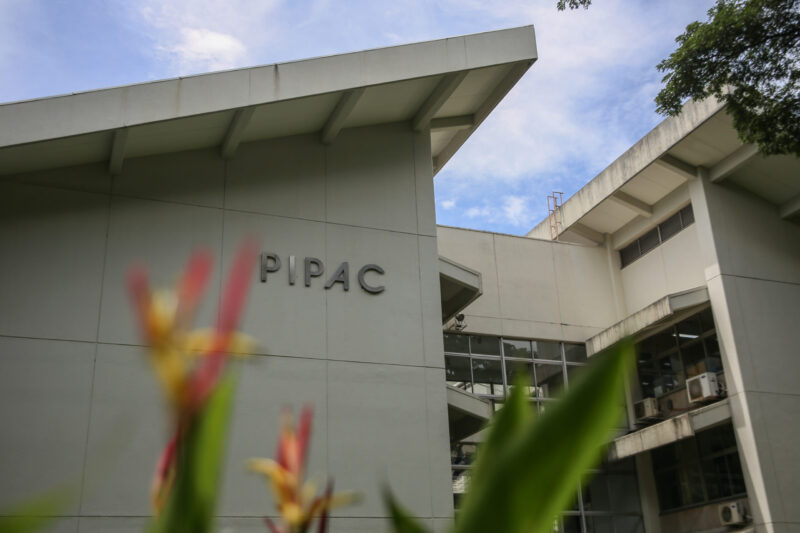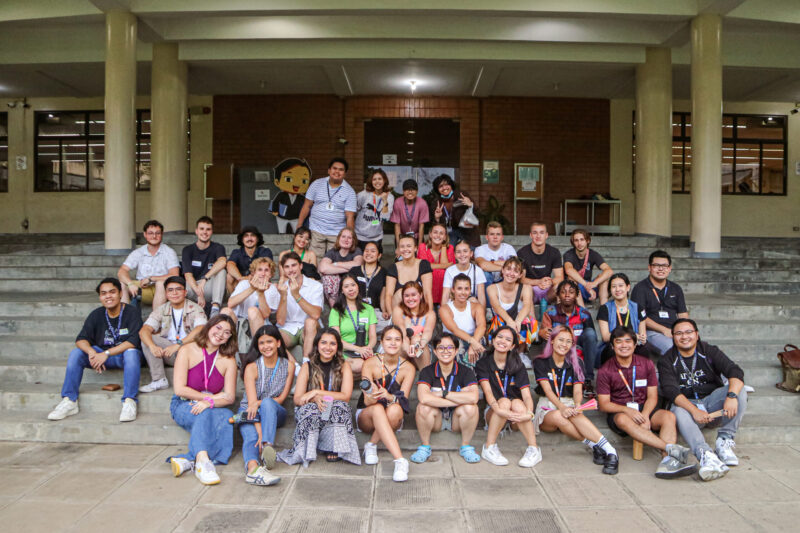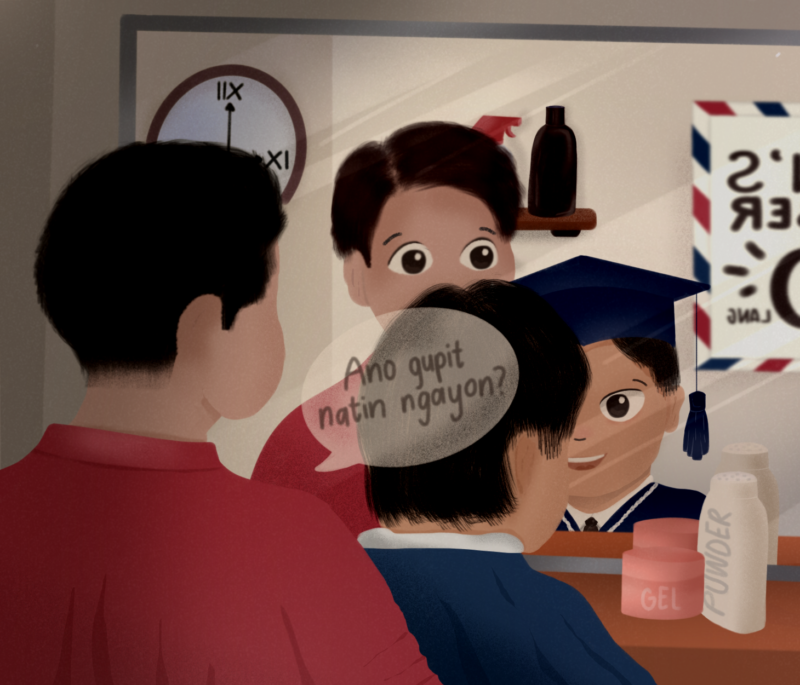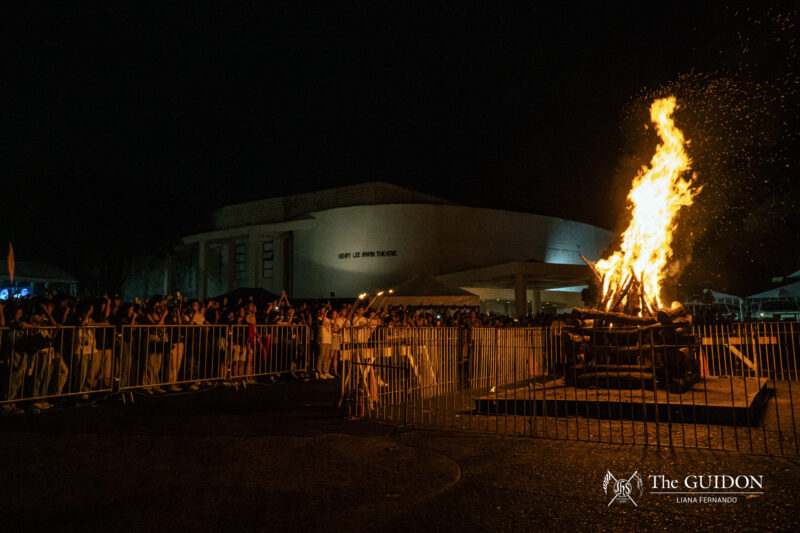IN THE beginning, there was fear. Visions of armies marching grimly down the streets of the city, of machine guns barking angrily into the darkness of the night, of barbed wire fences in detention camps, of soldiers’ boots trampling flower beds, and more.
September 21, 1972.
We were young then. We understood little of the events of that day and of the many more days that were to follow. We knew only that the radios and the teevee sets were temporarily cut off; there were no newspapers, no magazines. We saw our parents’ worried frowns at the breakfast table, but we were happy because classes had been suspended indefinitely. Being so very young, we did not fully understand what had happened in our lives. It was quite all right, then.
We were too young to remember much. We remember only the inconvenience of the newspapers being shut down; the comics section we were so fond of went with the papers, too. We saw nothing but propaganda and emergency proclamations on teevee; our favorite programs gave way to such. Even the music on the radios had taken on a military air; popular tunes were banned. Parties we had scheduled in advance were also illegal; no assemblies were allowed. People generally stayed at home and prudently kept their mouths shut, for fear of being picked up for rebellion, sedition, subversion — popular slogans of those times.
We were too young, indeed. We remember little of the opposition names which had previously held sway in the pages of the Free Press or the Manila Times. We showed little interest in the fact that most of them languished in detention camps for months, even years. We shrugged our shoulders when the freedom to strike, to hold rallies and demonstrations, to picket in front of any institution’s gates was curtailed. We even approved when the old Congress was unceremoniously dissolved. We accepted everything–the curfew, the firearms ban, the travel ban, and many more that the new set-up had imposed on us. Like little children, we placed our little hands gladly in the big adult hand and entrusted our future, our lives. We accepted unquestioningly, happy to be relieved of the burden of thought in our lives.
And for a time, we were happy the way things were. There was peace and order in the cities in a long time. Private armies were disbanded; politicians’ goons and petty criminals went underground. Even little upstart sons of politicos quickly adopted low profiles. For once in a long time, there was disciplining among the Filipino people.
There was also progress, we noted. Construction in the cities never seemed to stop. Highways were paved and repaved. Land was reclaimed from the sea, land on which was soon to rise “monuments of the Filipino spirit” — the Cultural Center, the Folk Arts, the Philcite, the PICC, the Philtrade, the Philippine Plaza — one of the many plush hotels which soon sprang up to cater to the unconventioneers of the IMF, the UNCTAD, and many more.
Like little children, indeed, we clapped our hands happily at the smooth facade we saw. Like children, we accepted what was there for us to see — the new buildings that added prestige to the city’s skyline, the many “successful,” “fruitful” trips of Mrs. Marcos to the various capitals of the world, the economic coups and tourism “firsts,” the sweet talk and unflurried roll of events as the newspapers told them.
But little children do grow up. Gradually, we learned to look around us, beyond the mere facade of progress, of peace and order, of discipline. We looked beyond and saw — not the glamorous bodies of the titled and the filthy rich sprawling languidly on the beaches of the future Marbella Club, not the posh hotels, the cultural successes at the CCP, the glittering silver wedding anniversary celebrations, not the overwhelming support of the people for the government in all the elections–but the many slums of Barrio Magsaysay where people live in conditions of abject misery and want, the batilyos of Navotas who fought for their homes and their livelihood, the unrest of workers who do not even have the right to strike, the unease in people who are not satisfied with events and yet are too timid to speak up, the rich who get swift justice and the poor who wait for years.
Gradually, we felt that we were being had. The trust we had so innocently placed in their hands we slowly withdrew. We learned to look at facades critically and methodically search for cracks to show the filth and mess which lay beyond. We learned that to grow up we had to begin to think and to think critically. To reject most of what was handed to us on decorated platters and to accept only when we were certain of the truth. We learned to reject the omniscient somebody who knew everything that was good for us. We began to learn to stand firmly on our own two feet.
It has been seven years now. We look back through those years and see that the little children we once were have grown up. We have gradually learned the value of critical thinking. We have finally outgrown our little child’s acceptance of things as they are presented to us. We have learned to be critical and careful. We no longer merely sit back and shrug our shoulders at events passing us; we think and respond completely to these events today.
There is no more fear. Only a growing restlessness in us. A restlessness that demands that we be set free, that our rights be returned to us, that we be treated like adults who are capable of responsible decisions and not as children whose care must be placed in someone else’s hands.
There are no longer the silly childhood visions of armies marching grimly down the streets of the city, of machine guns barking angrily into the darkness of the night, of barbed wire fences in detention camps, of soldiers’ boots trampling flower beds, and more. Today, there is no longer any fear.
Instead, there is only that restlessness to speak up, that restlessness to be free. We have learned much from the past seven years. The reality of that past will always be with us, coloring all our future decisions, our future actions. We do not, of course, want to wipe those seven years as if they had not been. We want, instead, to be able to use those seven years to build anew. We have grown up. We are no longer the little children. We want our future back in our hands.
And to the Martial Law children of today, we lovingly dedicate this issue. May the day of their waking be not too far away.







